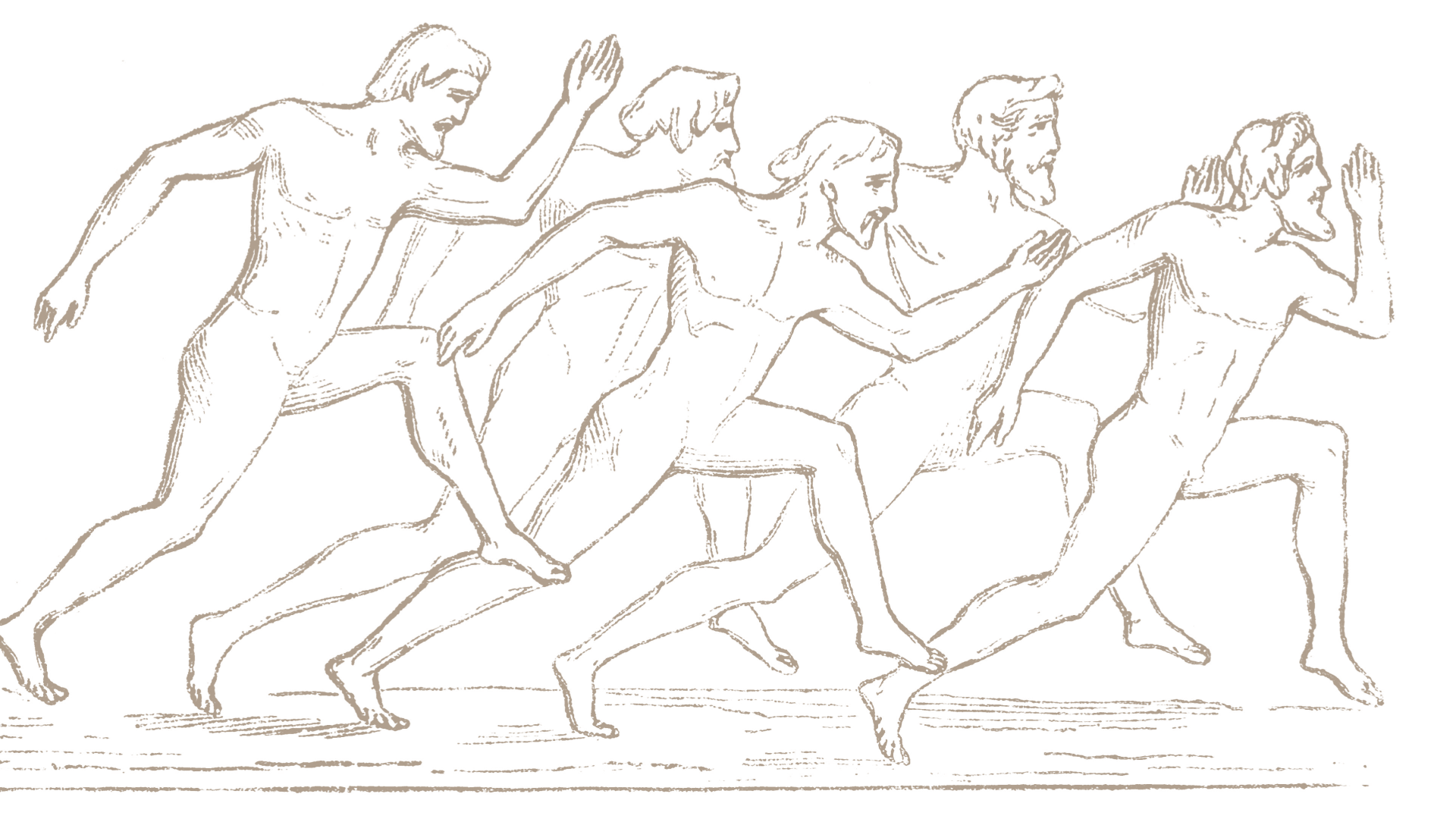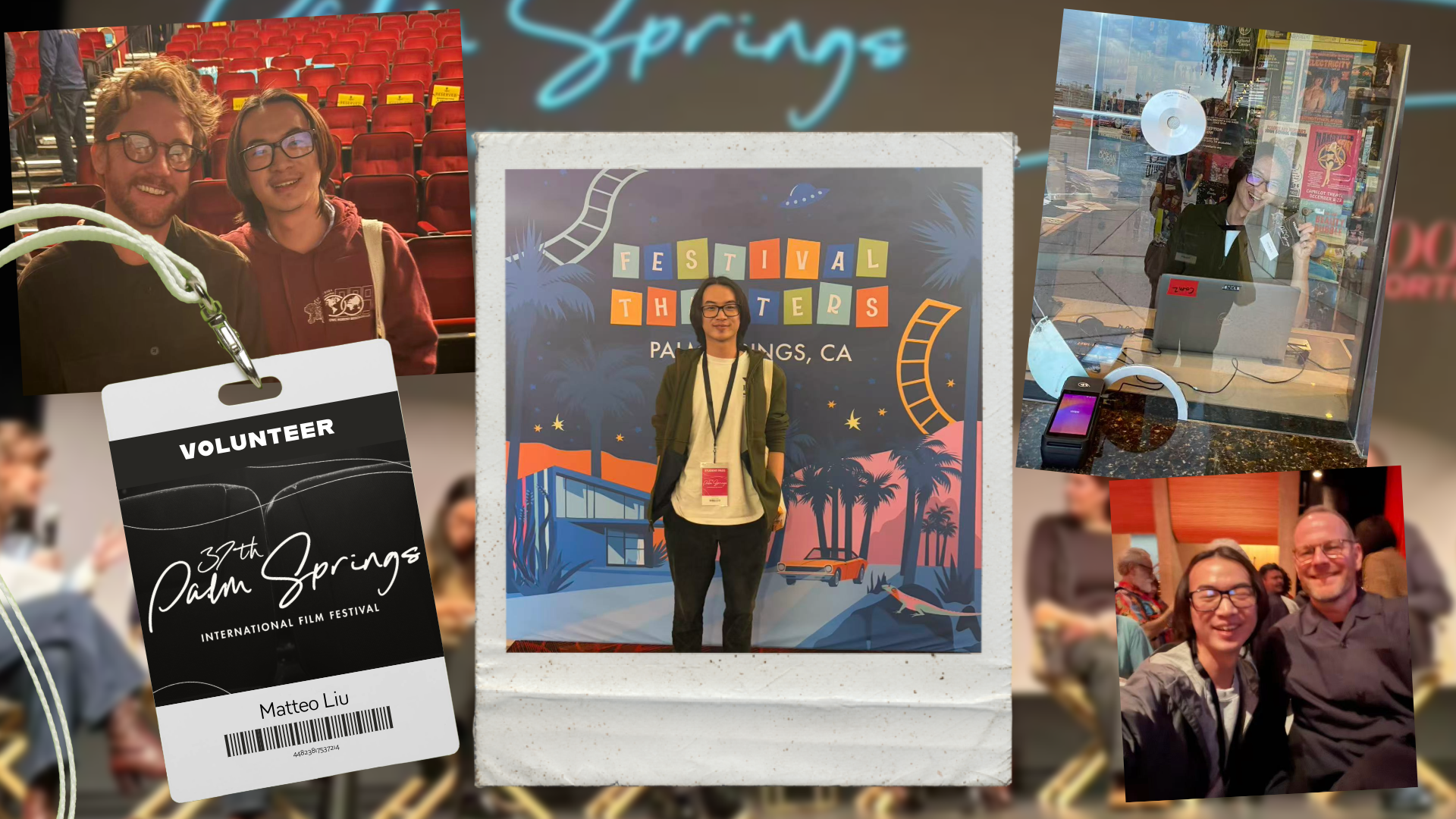Hiring Initiatives Involve Students, Focus on Diversity
April 30, 2014
In its continuing efforts to nurture a diverse student population, Davidson has enhanced its hiring procedures to focus on candidates' experience working with commonly underrepresented populations. Changes in interview practices include special interview training for faculty and staff members, as well as student participation in the interviewing and evaluation of tenure-track faculty candidates and Student Life staff members.
Equity Advisers
Now in its third operational year, a group of faculty and staff volunteers called Equity Advisers works to ensure that all professors hired for tenure-track positions have experience and skills necessary to provide appropriate academic and emotional support to Davidson's minority and underrepresented students.
"Our student population has diversified – and will continue to diversify – at a faster rate than our tenured faculty because there's student turnover every four years," said Associate Professor of Anthropology Helen Cho. She has served as an Equity Adviser for the last three years. "The faculty we have now does not represent the same level of diversity we see with our students," she said.
The idea for the Equity Advisers group first came up about four years ago during the college's strategic planning process that identified diversity and inclusivity as one of five objectives for the college. As part of that process, an implementation team chaired by Human Resources director Kim Ball and then-Vice President for Academic Affairs Clark Ross was formed to recommend strategies to diversify the faculty and staff.
"The original concept was to have a trained group of faculty and staff that represent on search committees the best practices in hiring," said Associate Director of Human Resources Ann Todd. The implementation team focused on diversity in hiring formed the Equity Advisers in response to those discussions.
All volunteers receive training from Todd in proper interview techniques and questions, as well as how to identify and address the biases that sometimes can impact search committee processes. They learn to be aware of certain factors that may cause bias, consciously or subconsciously (for example, favoring someone who attended the same alma mater, or who shares similar interests).
About 15 faculty members currently are trained Equity Advisers. Additionally, more than a dozen students, members of the campus group Student Initiative for Academic Diversity (SIAD), also have been trained and for the last year have participated in the tenure-track interview process.
Growing Dialogue
The student-led initiative started in 2011 and gained momentum after a small group of students concerned with a perceived lack of diversity among the tenured faculty protested the imbalance publicly during the 2012 commencement ceremony. That protest led to a meeting with college President Carol Quillen.
Quillen and the protestors initiated a dialogue to discuss ways in which the students and administration could work together to realize some of the changes the students sought. The dialogue furthered conversations the students had already been having with staff members and administrators.
"We started as, and still are, an activist group, but were able to channel our feelings of frustration into something productive by working with the administration," said Brian Parker '14. He leads the SIAD group.
Through their discussions with Quillen, the students learned that Ross, Ball, Todd, and their colleagues already had been working with department chairs and other administrators to develop the Equity Advisers model, and they pushed to get students involved in the hiring process.
"The college in its job postings was calling for applicants who care about diversity and inclusion, but there were no systems or procedures in place to evaluate candidates' commitment or experience in those areas," Parker said. He and other SIAD members proposed that students work with the Equity Advisers and administration to evaluate and provide feedback on those specific aspects of candidates' experience.
"The faculty and staff have been tremendous in this," said Alex Gittin '14, a biology major and original member of SIAD. "They were thinking about these issues long before we were. By the time we got involved, it was like dry ground ripe for fire."
Student Involvement
Typically three candidates for a tenure track position are invited to campus for final-round interviews.
"As important as their scholarship and teaching abilities is their willingness to work with our underserved students," Todd said, and to evaluate that willingness, trained SIAD students get the opportunity to meet with candidates and ask questions pertaining to their experience working with diverse student populations. The student interviewers then submit detailed evaluations to the academic department chairs for consideration as they make their final hiring decisions.
"We (SIAD interviewers) use five main metrics to evaluate candidates," Parker said. They are:
- Strategies for fostering inclusive classroom environments;
- Experience working with people of diverse backgrounds in their communities and institutions;
- Ability to perceive problems underrepresented or marginalized groups may face;
- Level of engagement with diverse or underrepresented populations in their research and teaching; and
- Potential to engage students in dialogue about sensitive diversity and minority issues.
"When we evaluate candidates we're not looking for ‘diversity hires,'" Parker said. "Actually, a person's race, ethnicity, gender and sexuality is less important to us than their ability to work with students from those different backgrounds," he said.
"Involving students to such an extent in the search process is seen as an unusual but bold precedent among our peer schools," Director of Multicultural Affairs Tae-Sun Kim said. She serves as the Diversity Officer for the Associated Colleges of the South (ACS), and said her colleagues at other schools are shocked to hear about the student involvement in tenure-track faculty interviews.
"I don't know that it's a model that would work at other ACS schools," Kim said. "But Davidson is unique and has a long history of encouraging student representation at the highest levels of decision making. It's student leadership of a different kind."
Evolving Influence
Moving forward, the role of the students will continue to be defined, Todd said, and the Equity Advisers will shift from being a volunteer group to an official faculty committee to which members can be appointed.
Parker hopes to expand SIAD's focus to research diversity among majors within academic departments, and to develop a method to analyze any discrepancies in an objective, statistical way.
"We want all great minds to come here and to find the support they need, regardless of their major or interests," Gittin said. "Diversity is a great resource in learning."



